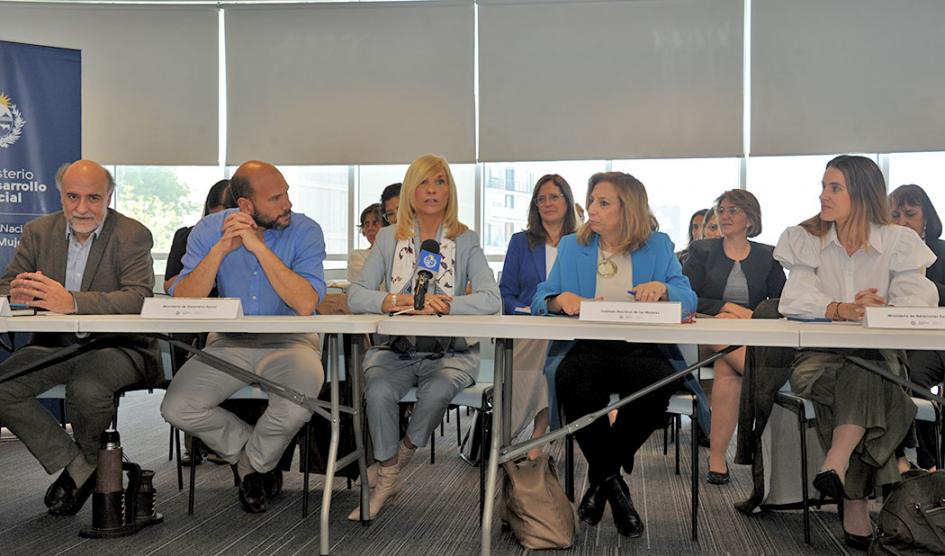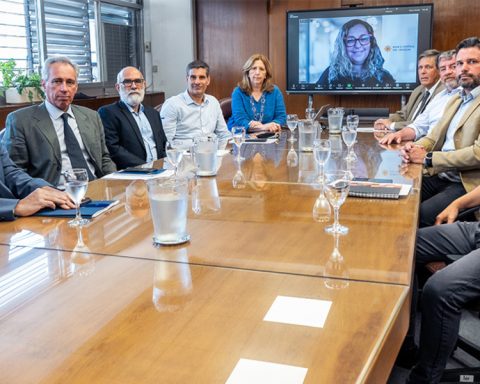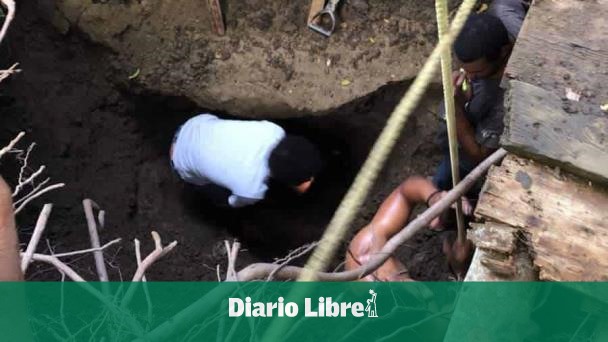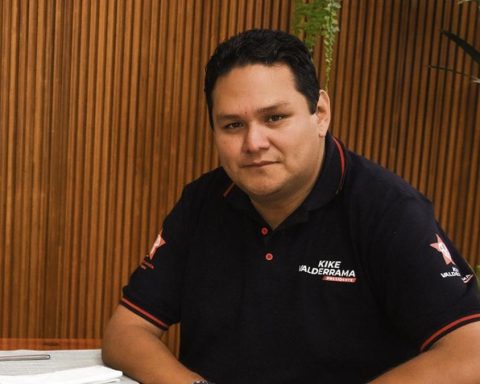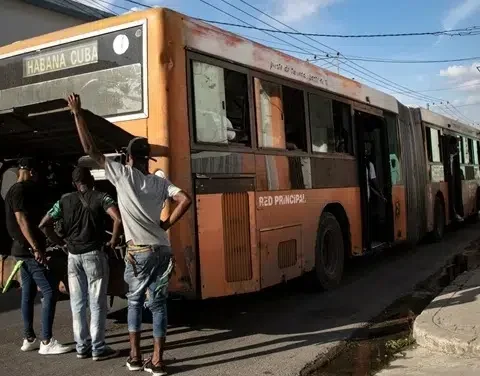The National Institute for Women (Inmujeres), of the Ministry of Social Development (Mides), presented the National Plan for a Life Free of Gender Violence against Women to the National Gender Council. The acting president, Beatriz Argimón, pointed out that the objective is to promote the economic independence of women through policies that may include training and the formalization of their jobs.
The National Gender Council is the inter-institutional space for the design and definition of the strategic lines of public policies for gender equality. It is made up of senior authorities from 26 agencies, some decentralized State entities and services, and integrates the voices of academia and civil society organizations, in their different expressions.
The objective of the session held this Friday, October 28, was to express the commitments for the coming year, with special emphasis on promoting the economic autonomy of women.
The activity was also attended by the Ministers of Social Development, Martín Lema; Labor and Social Security, Pablo Mieres, and Housing, Irene Moreira; the Undersecretaries of Foreign Affairs, Carolina Ache; Public Health, José Luis Satdjian; Defense, Rivera Elgue; Education and Culture, Ana Ribeiro, and Tourism, Remo Monzeglio; the president of the State Health Services Administration (ASSE), Leonardo Cipriani; the head of the Supreme Court of Justice, John Pérez Brignani, authorities from other organizations and representatives of civil society.
Argimón considered that the gender perspective must be transversal to public policies and that the Government made progress in this regard. In addition, he pointed out that the decentralization of gender policies is sought, especially to know what women in the interior of the country think and feel.
He stressed that one of the fundamental objectives is to work for the economic independence of this population, since, in many cases, it is key to freeing it from the scourge of domestic violence.
In his speech, Lema indicated that when talking about economic autonomy and violence, reference is also made to the situation of children who live with their mother. He also asserted that it is necessary to inform the population to raise awareness and, from there, generate actions. On the other hand, she argued that it is necessary to develop regulations to protect women and children.
Bottero, meanwhile, stated that these instances are an accountability. In this sense, he said that in 2020 four strategic lines were defined on which work was carried out during these two years: deepen the response in terms of gender violence, promote the economic autonomy of women, generate more participation in positions of political decision and territorialize the previous three.
National Plan
In this framework, the National Plan for a Life Free of Gender Violence against Women 2022-2024, prepared by the National Gender Council, was presented.
From December 2020 to December 2021, two consultancies were carried out, with an inter-institutional and participatory methodology, at the national and departmental levels, and State entities and representatives of the civil society organizations that make it up were consulted to prepare the preliminary document.
The purpose of this plan is to guarantee the effective enjoyment of the right of women to a life free of gender violence. In addition, it covers this entire population, of any age, different gender identities, diverse sexual orientations, different socioeconomic conditions, territorial belonging, beliefs, cultural, ethnic-racial origin or disability status, without any distinction. It also includes children and adolescents exposed to violence against their mothers or other people in charge of their care.
The objective is to provide the responses of attention and access to Justice, in order to prevent, confront and reduce gender-based violence, as well as repair the damage it causes, to guarantee the right of women, children and adolescents to a free life. of this type of violence.
Presidency
